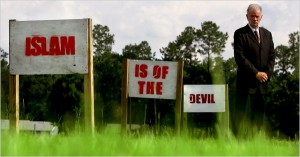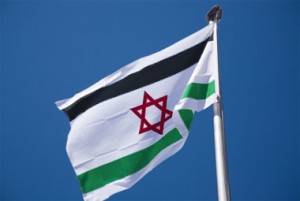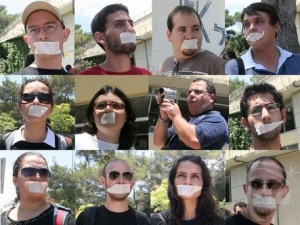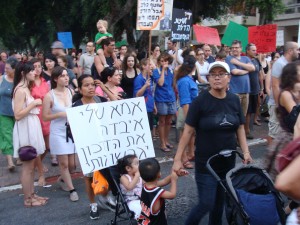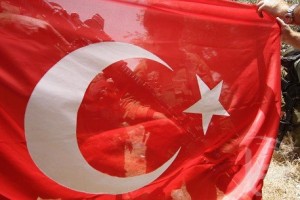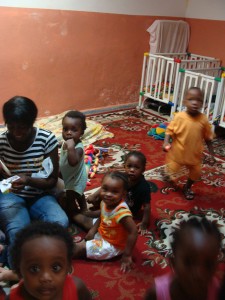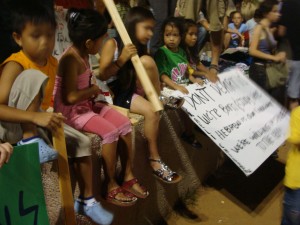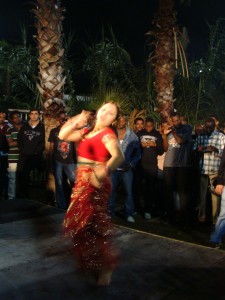 The Jerusalem Post, August 27, 2010
The Jerusalem Post, August 27, 2010
In the past several weeks, Israel’s Nepali community has hosted a flurry of events to entertain and support its workers.
Nepali artists performed at two of the events put on by Namaste Entertainment, a Kathmandu-based organization that aims to give migrant workers temporary relief from difficult circumstances while promoting Nepali performers and culture abroad.
“It’s a well-known saying, ‘Music is a medicine for all,’” begins Namaste Entertainment’s mission statement, which goes on to discuss the stress and pain of working overseas. Programs provide temporary “peace of mind” by making workers “feel at home.” The organization also hopes that events will serve as a platform for local Nepalese to meet and build a stronger community.
Palden Sherpa, event manager of Namaste Entertainment, remarked, “We are trying to entertain Nepalese workers to give them strength.” His organization is also connected with Kathmandu’s Disabled Rehabilitation Center (DRC). Profits from events organized by Namaste Entertainment are donated to the DRC.
On a recent Friday night more than 200 Nepalis, and a handful of Israelis, attended a Nepali dance competition held in South Tel Aviv.
Continue reading “Nepali community finds comfort in performance arts”
